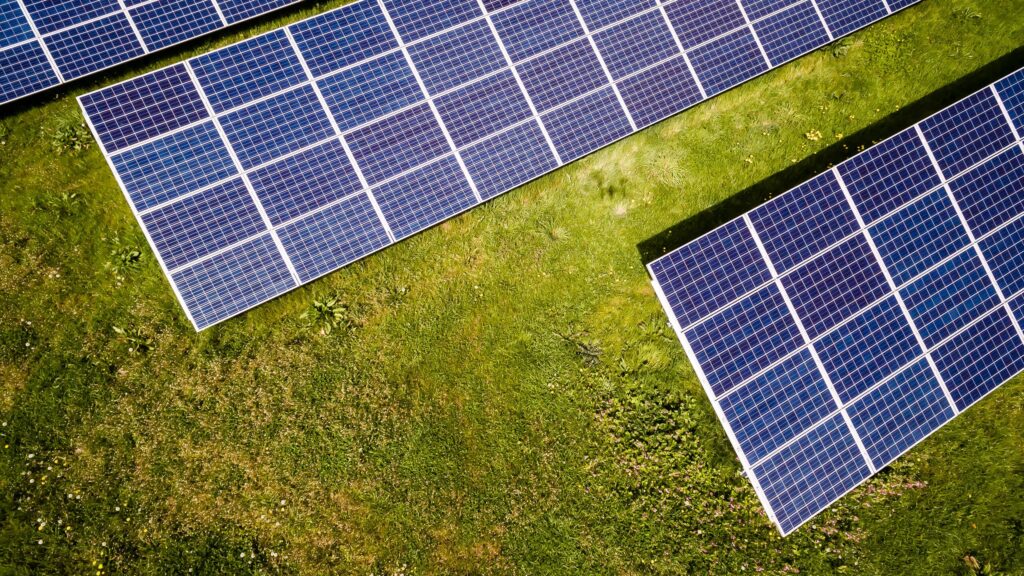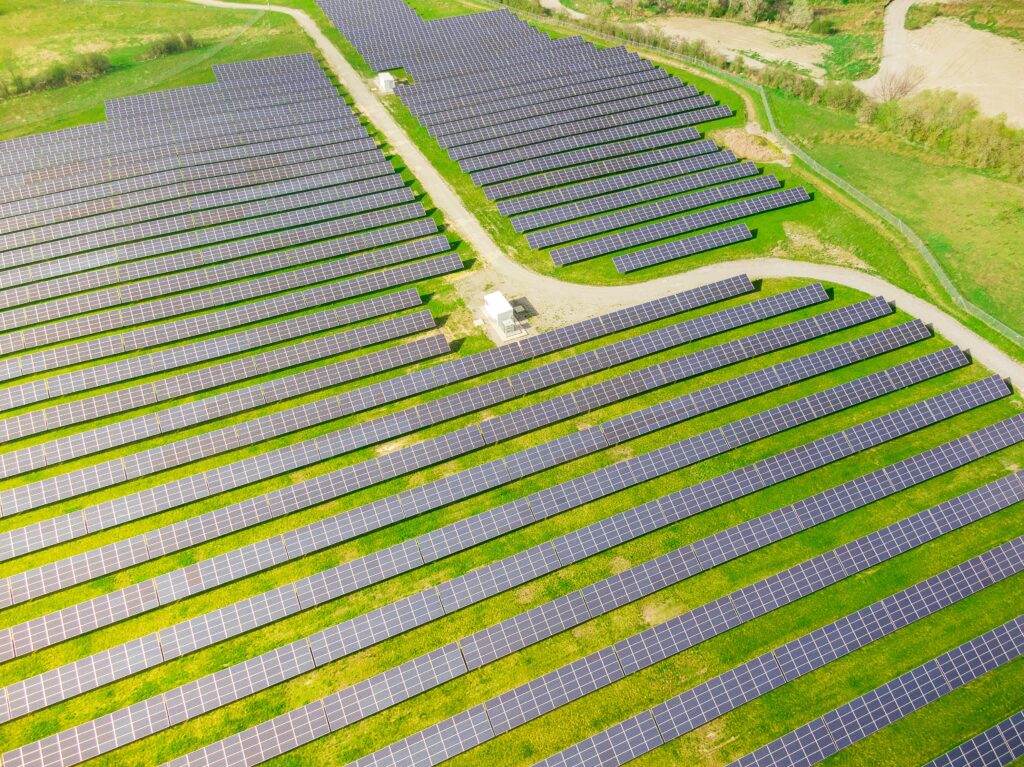If you’ve ever wondered whether solar generators can still produce power during the chilly winter months, you’re not alone. The question of their reliability in colder temperatures has sparked curiosity among many. In this article, we’ll explore whether solar generators do indeed work in winter, shedding light on their efficiency, potential challenges, and how to maximize their effectiveness during the coldest season of the year.

Understanding Solar Generators
Solar generators are an innovative and eco-friendly way to generate electricity by harnessing the power of the sun. They provide a sustainable energy solution that is not only good for the environment but also for your wallet. To fully understand solar generators, it is important to have knowledge about their planning, building process, various components, and how they work.
Planning and Building a Solar Generator System
Planning and building a solar generator system requires careful consideration and planning. Start by assessing your energy needs and determining the size of the system that will meet those needs. Consider factors such as your average energy consumption, peak energy demand, and any specific appliances or devices you plan to power with the solar generator.
Once you have determined your energy requirements, it’s time to design and build your solar generator system. This typically involves the installation of solar panels, an inverter, a charge controller, and a battery bank. Solar panels are responsible for capturing sunlight and converting it into usable electricity. The inverter converts the direct current (DC) electricity produced by the solar panels into alternating current (AC) electricity, which can be used by household appliances. The charge controller regulates the charging of the battery bank to ensure its optimal performance and longevity.
Various Components of the Solar Generator
Solar generators consist of several key components that work together to harness and convert solar energy into usable electricity. The main components include solar panels, an inverter, a charge controller, and a battery bank.
Solar panels are the most crucial component of a solar generator system. They are typically made of photovoltaic cells that absorb sunlight and convert it into electricity. The number and size of the solar panels will depend on the energy needs of your household or establishment.
The inverter is responsible for converting the direct current (DC) electricity generated by the solar panels into alternating current (AC) electricity that can be used to power your appliances and devices. AC electricity is the standard form of electrical power used in households and commercial buildings.
A charge controller regulates the charging process of the batteries connected to the solar generator system. It ensures that the battery bank is charged efficiently and prevents overcharging or undercharging, which can negatively impact battery performance and lifespan.
A battery bank is an essential part of a solar generator system as it stores excess energy generated by the solar panels for later use. During periods of low sunlight or at night, the stored energy can be drawn from the battery bank to power your appliances and devices.
How the Solar Generator Works
The solar generator works by harnessing the sun’s energy through the solar panels. When sunlight hits the solar panels, it creates an electric current through the photovoltaic effect. This direct current (DC) electricity is then converted into usable alternating current (AC) electricity by the inverter. The AC electricity produced by the inverter can be used to power household appliances and devices directly or stored in a battery bank for later use.
The charge controller plays a crucial role in regulating the charging of the battery bank. It ensures that the battery is charged efficiently and prevents overcharging, which can damage the batteries, or undercharging, which can limit their capacity.
Solar generators are designed to be self-sufficient and operate off-grid, meaning they do not rely on the traditional power grid for electricity supply. They can be used as a primary source of power, especially in areas with abundant sunlight, or as a backup power source in case of power outages.
Effect of Weather on Solar Generators
When it comes to solar generators, weather conditions play a significant role in their productivity and output. Various weather conditions can influence the efficiency and performance of solar generators. Understanding these effects can help users optimize their solar generator systems for maximum productivity.
Influence of Various Weather Conditions on Solar Generator Productivity
Weather conditions such as sunlight intensity, temperature, cloud cover, and precipitation can have a notable impact on the productivity of solar generators.
Sunlight intensity directly affects the amount of electricity generated by the solar panels. Bright, clear days with direct sunlight provide optimal conditions for solar generators to produce electricity at their maximum capacity. On the other hand, cloudy or overcast days result in reduced sunlight intensity and subsequently lower electricity production.
Temperature also influences solar generator productivity. Generally, solar panels perform better in cooler temperatures. High temperatures can cause a decrease in the efficiency of solar panels, leading to a decrease in electricity generation.
Cloud cover is another important factor to consider. While solar panels can still generate electricity on cloudy days, the reduced sunlight intensity will result in lower energy output. However, it’s important to note that even on partially cloudy days, solar panels can still generate a significant amount of electricity.
Precipitation, such as rain or snow, can temporarily hinder the productivity of solar generators. Rainfall can have a minimal impact on electricity generation, as rainwater can help to clean the solar panels and improve their performance. However, snow accumulation on solar panels can block sunlight and significantly reduce energy production until the panels are cleared.
Comparison Between Summer and Winter Solar Generator Output
One of the noticeable differences in solar generator output occurs between summer and winter months. Summer typically offers longer days with increased sunlight exposure, resulting in higher solar generator output. Longer daylight hours allow solar panels to capture more sunlight and generate more electricity.
In contrast, winter months have shorter days with less sunlight exposure. This leads to a decrease in solar generator output during the winter season. However, advancements in solar panel technology have allowed for better energy conversion even during lower light conditions.
Does Cloud Cover Affect Solar Energy Production?
Cloud cover can have a significant impact on solar energy production. On overcast or cloudy days, the sunlight intensity reaching the solar panels is reduced, resulting in decreased energy production. However, solar panels can still generate electricity even on cloudy days, although at a reduced capacity. The extent to which energy production is affected by cloud cover depends on the density and thickness of the clouds.
While cloud cover may temporarily reduce solar generator output, it is important to note that solar panels can still provide energy even in less-than-ideal weather conditions. Additionally, the intermittent nature of cloud cover can be mitigated by the use of battery storage systems, allowing excess energy to be stored and used during periods of reduced sunlight.
Overall, while cloud cover can affect solar energy production, it is not a significant deterrent to the overall efficiency and effectiveness of solar generators. With proper system design and placement, solar generators can still operate efficiently even in partially cloudy conditions.





